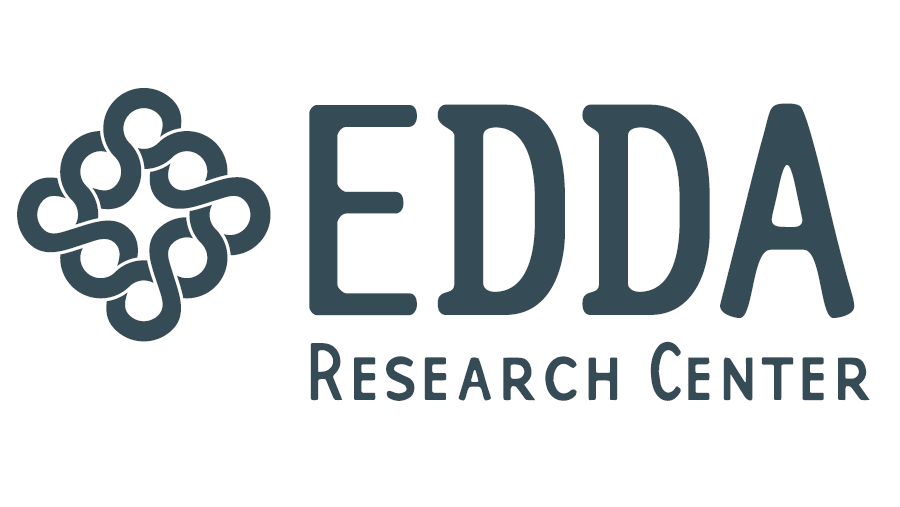About the Project
Romanian-Icelandic Research Cooperation on Democracy, Memory Politics and Post-Crisis Reconstruction is a trilateral project led by the EDDA Research Center at the University of Iceland in partnership with the Ratiu Democracy Centre and the Babes Bolyai University. It is part of the EEA and Norway Grants scheme and financed by the Fund for Bilateral Relations 2014–2021.
Research-Based Knowledge Development: Research activities will be carried out and published between May 2022 and December 2023. Areas in focus will include the state of the liberal democratic order, experiences of and responses to societal disruptions, as well as democracy, memory politics and post-crisis.
Joint Conference Series in Romania and Iceland: The project includes a series of public conferences in Romania and Iceland, held in 2022 and 2023. Researchers from the EDDA Center, the Rațiu Democracy Centre, and the Babes-Bolyai University, as well as invited experts, will reunite in May 2022 at the Rațiu Conference Centre in Turda, Romania, for a public event that will be made available to both in-person and online participants. The conference series will continue in the autumn of 2022 in Reykjavik, Iceland, and the concluding event will be held in Turda in the spring of 2023.
Objectives
Explore the state of the liberal democratic order in Romania and Iceland from various political, social and historical perspectives.
Compare and contrast recent Romanian and Icelandic experiences of societal crises.
Compare and contrast Romanian and Icelandic responses to societal disruptions, such as democratic transitions, political and economic crises and pandemics and place them in a broader European context.
Raise awareness among the broader public on important topics such as democracy, memory politics and post-crisis, by using research-based knowledge developments.
